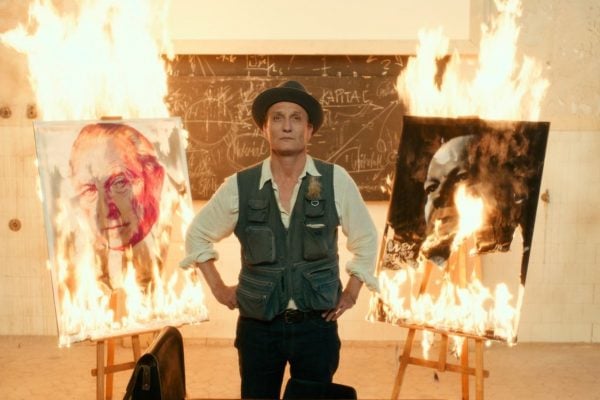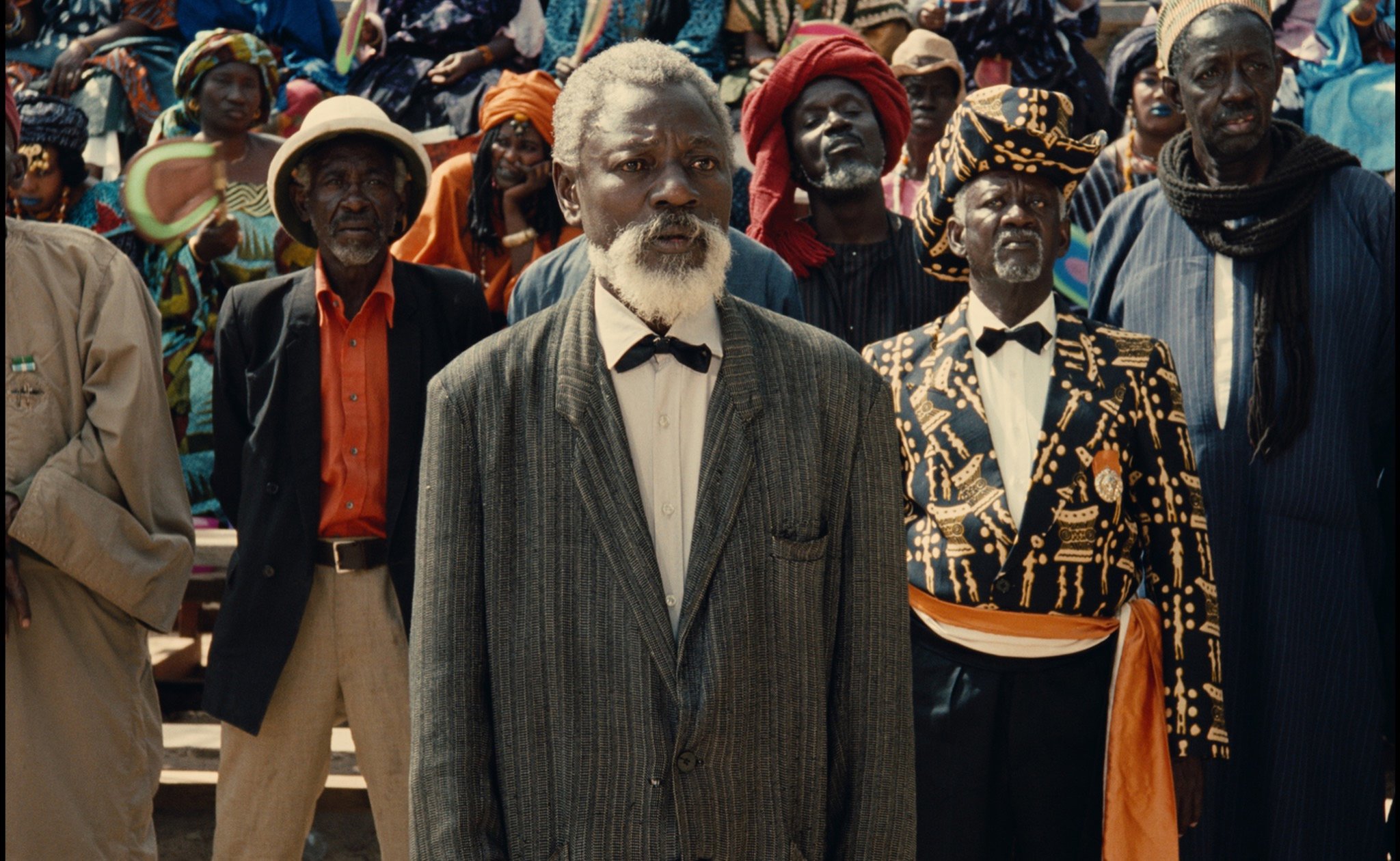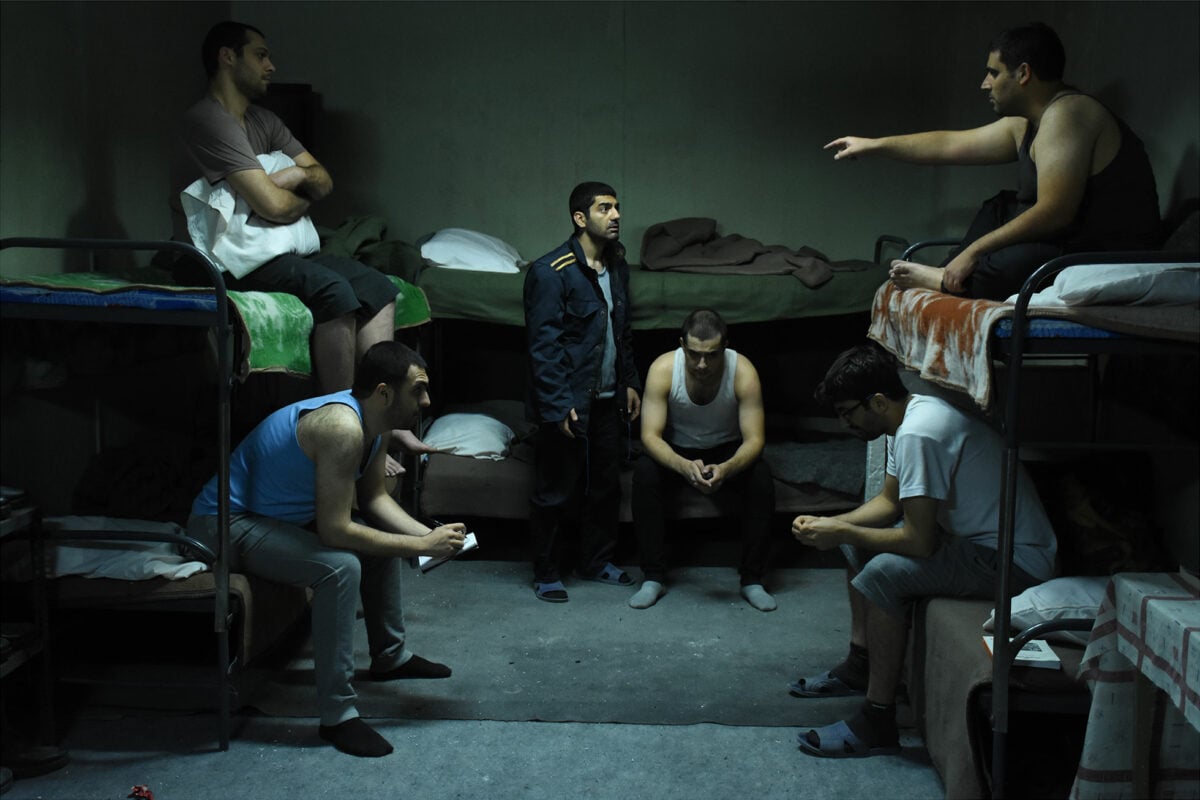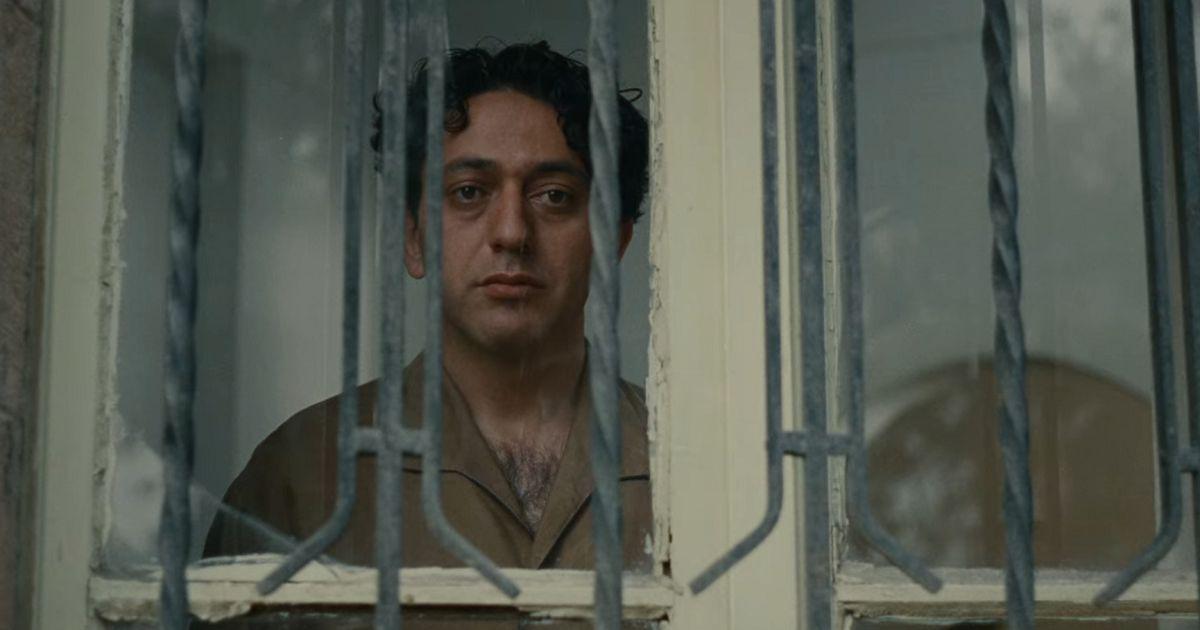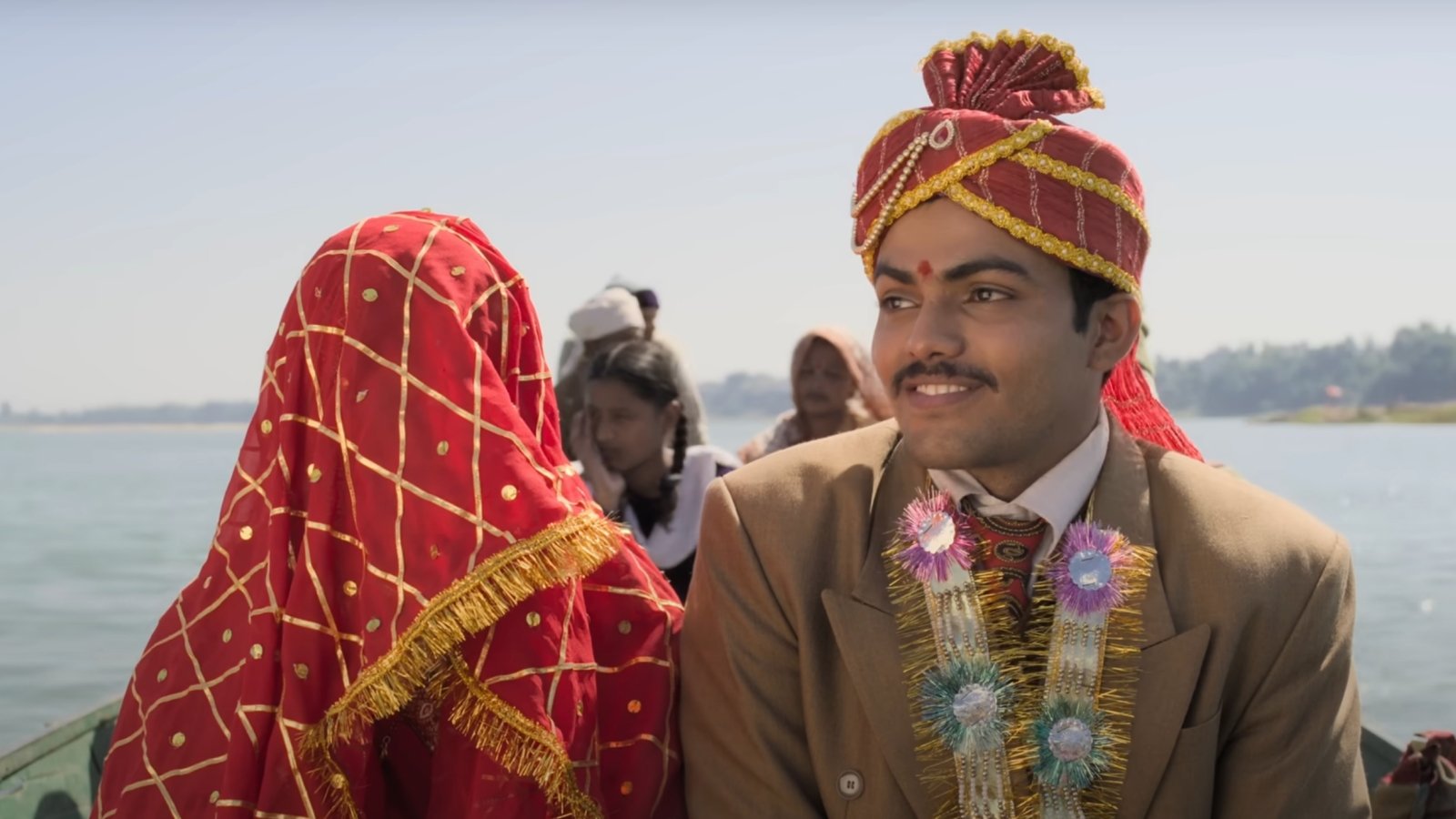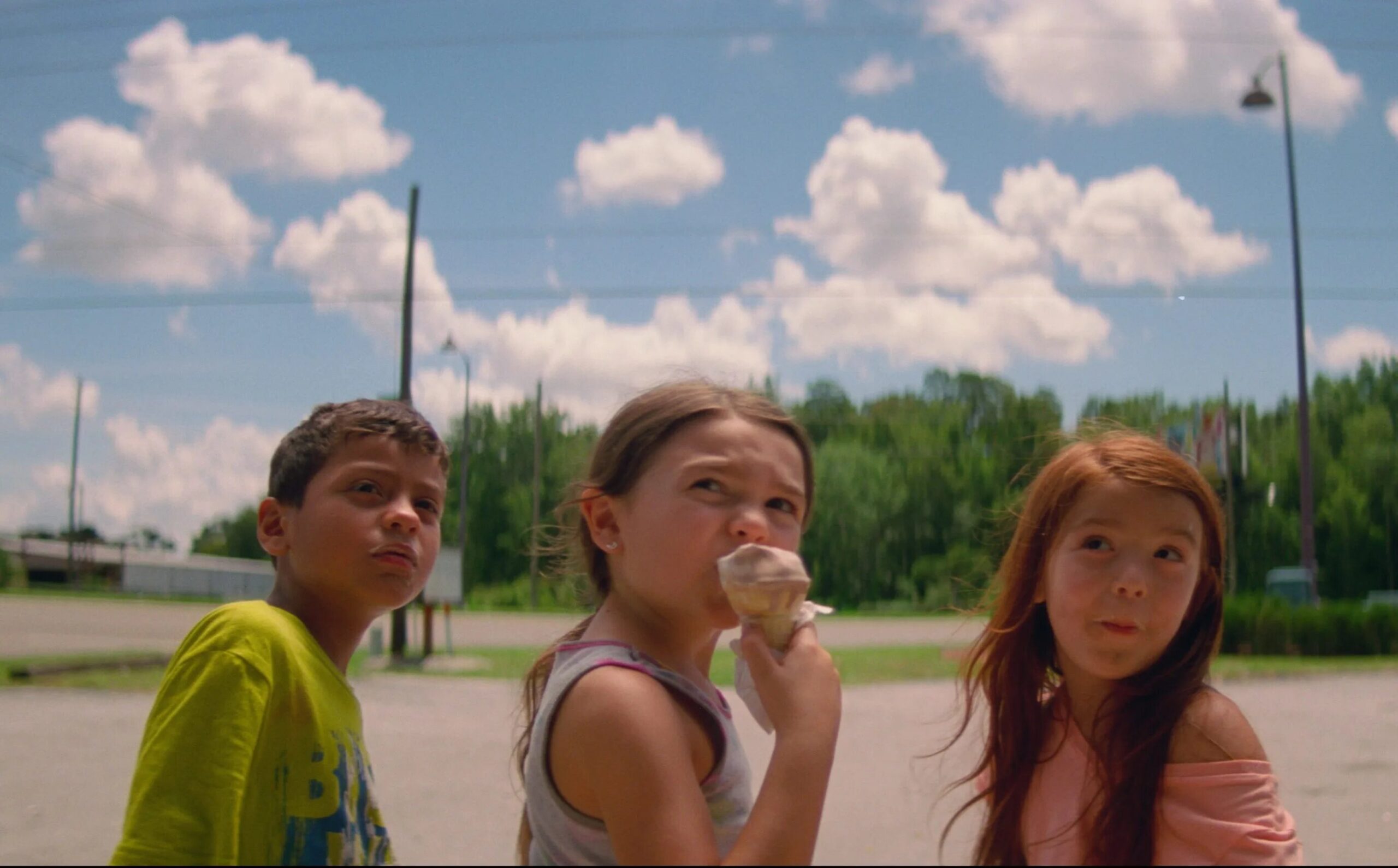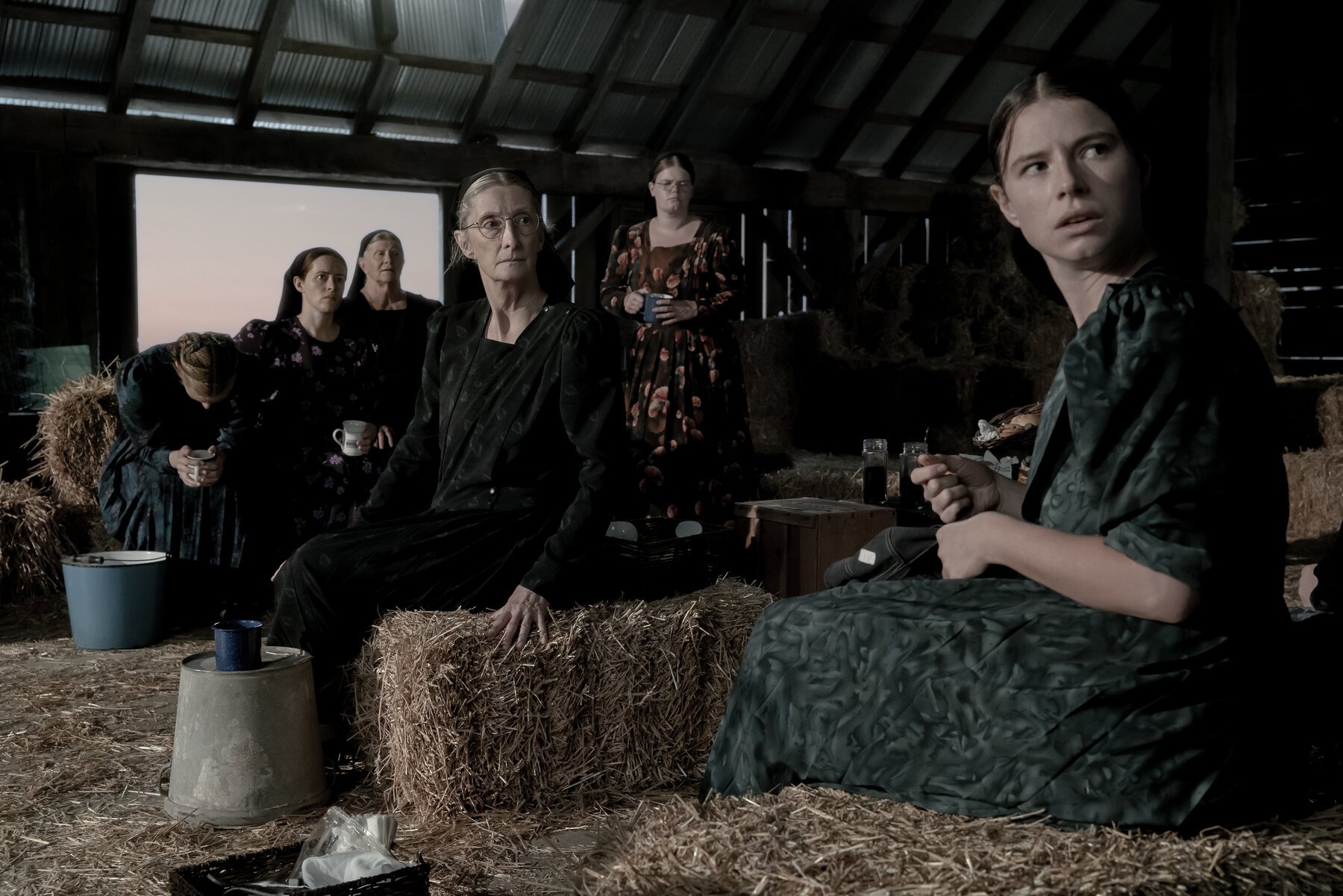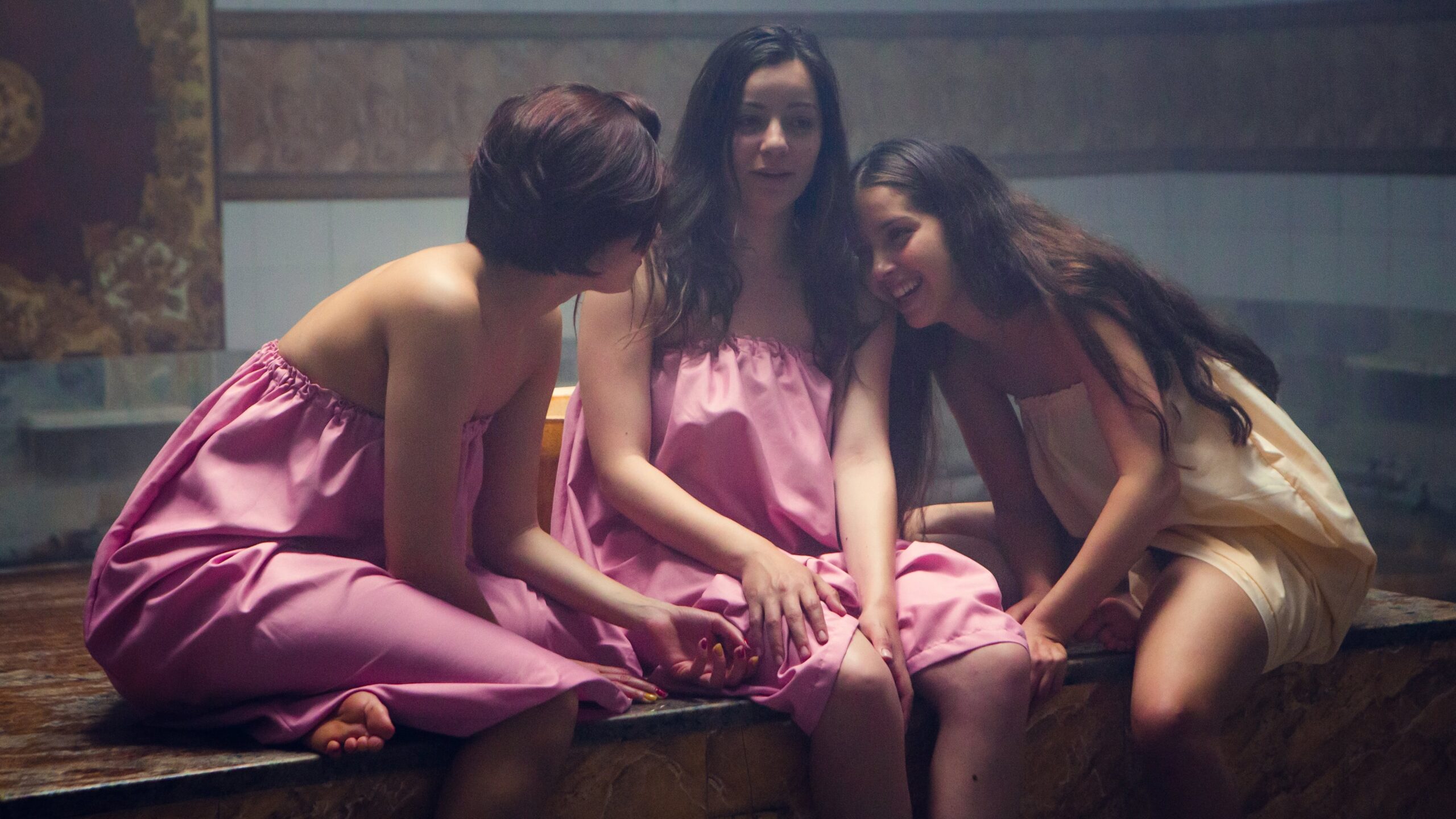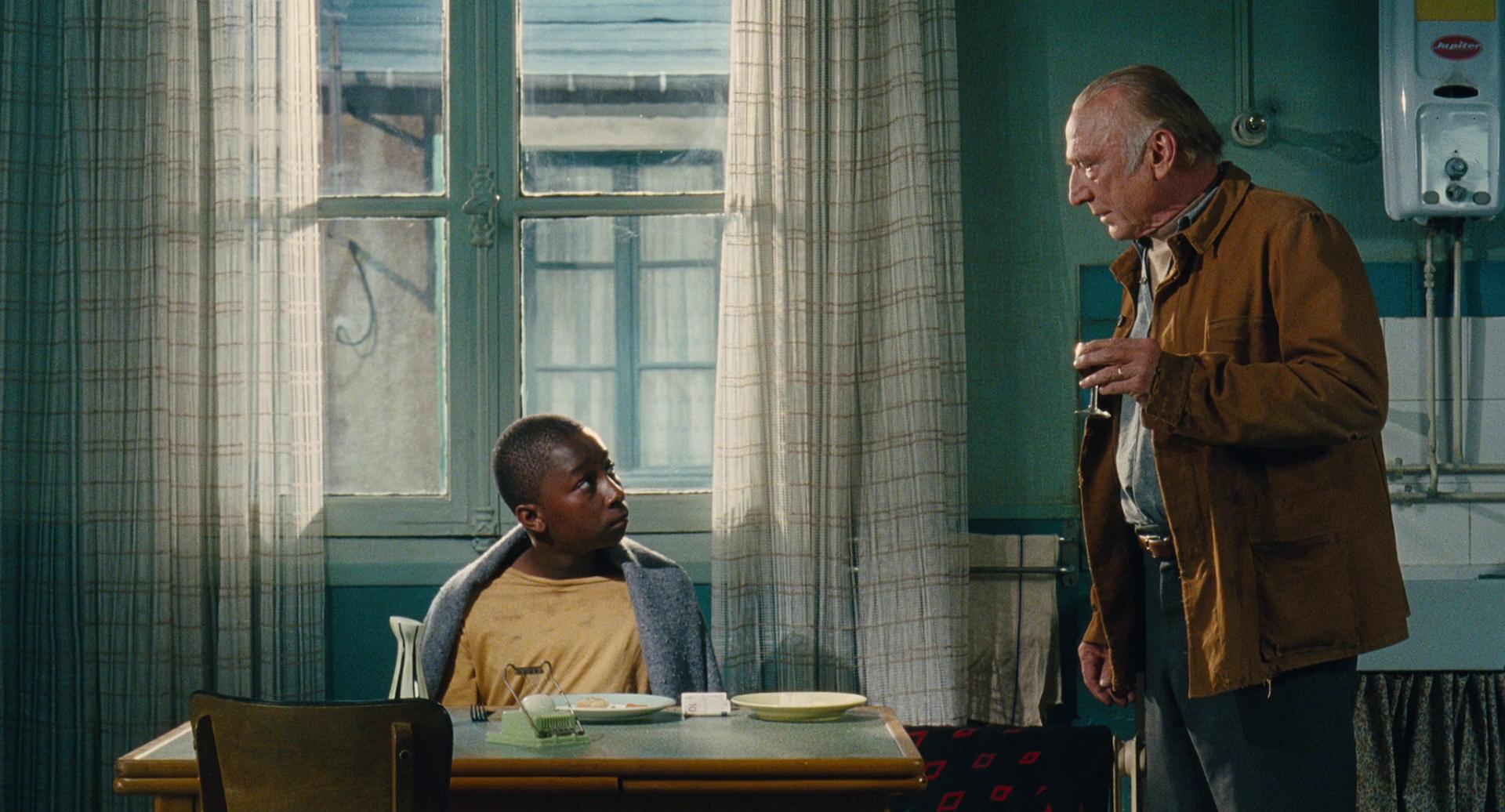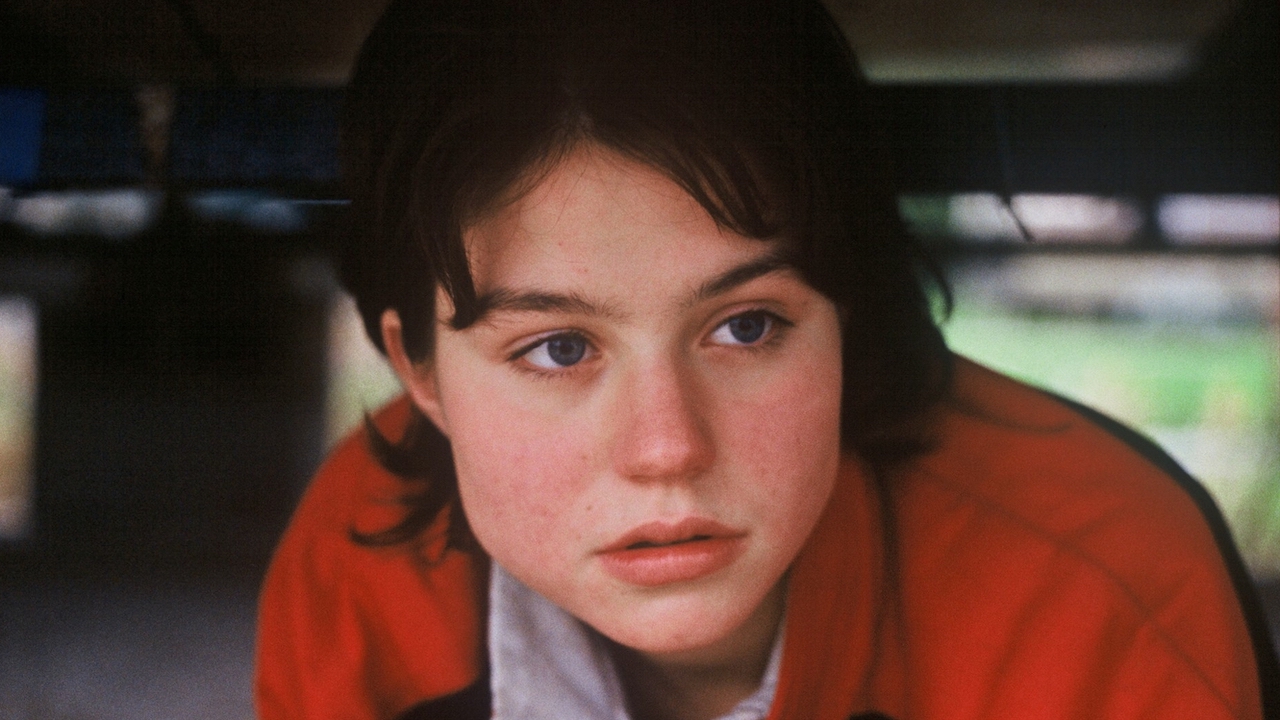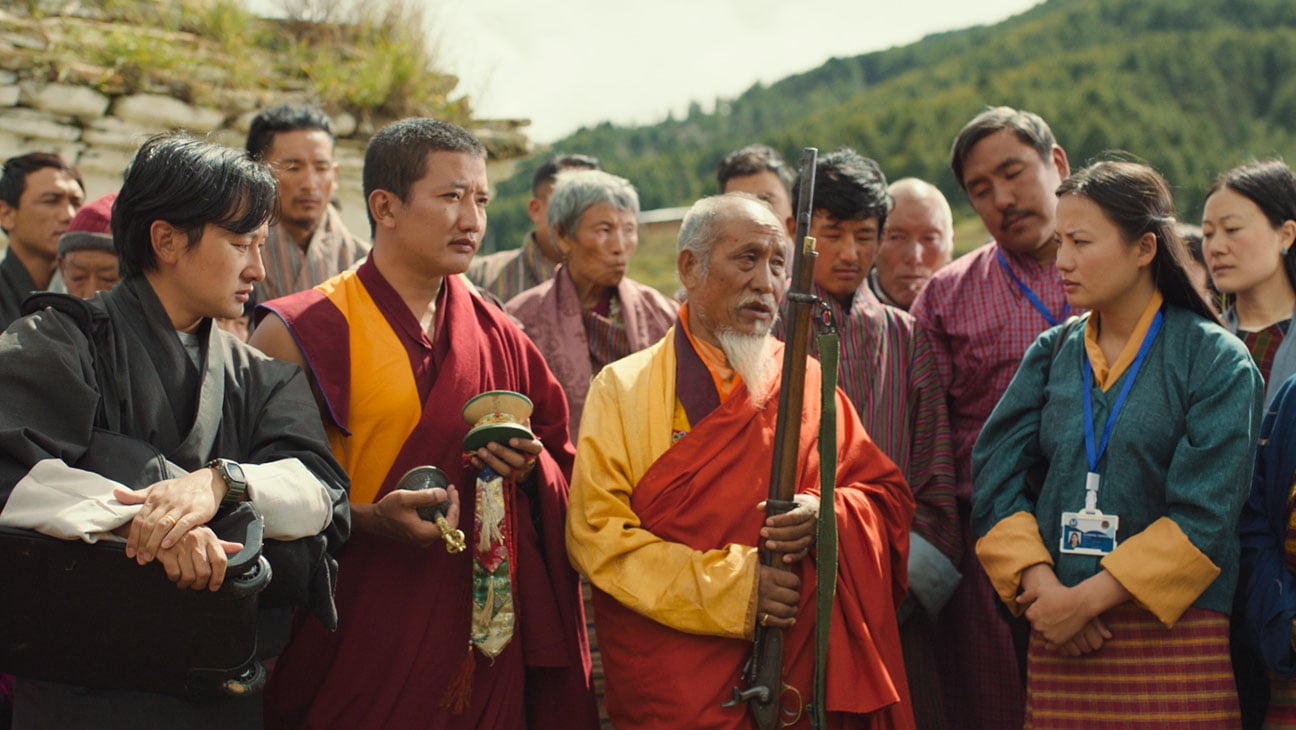
70 Best Woke Movies to Watch Right Now
April 8, 2025
Share:
Movies are no stranger to wokeness. Even before the term “woke” was adapted into mainstream use, cinema has had a long history of raising social awareness and rousing audiences into action. From the social class films of the ’50s to the blaxploitation craze of the ’70s to the plethora of BIPOC and LGBTQIA+ movies that dominate today’s screens, woke cinema has always been here, and it’s not going away anytime soon.
Below, we list the most piercing, compelling, and illuminating social justice movies you can stream right now.
Read also:
31. Never Look Away (2018)
Genres
Director
Actors
Moods
It’s impossible to describe this incredible movie as one thing or the other. It’s an epic three-hour saga that takes you through the Nazi era, the communist era, the rise of capitalism, and the East and West German divide. But more than its historic value, it’s a coming-of-age story, one that is based on the experiences of famed German artist Gerhard Richter. It’s also a romance, following his experiences finding love and being hit with loss (in no particular order). If you liked the director’s other work, the Oscar-winning The Lives of Others, you’re sure to love this too.
32. Hyenas (1992)
Genres
Director
Moods
Restored in 2019, Djibril Diop Mambéty’s adaptation of the 1956 play, The Visit, presents a powerful allegory of societal decay through the story of Linguère Ramatou, a woman who returns to her impoverished hometown with an offer that can change everything. Mambéty’s skillful direction captures the complexities of human nature and the moral choices we face in a world driven by greed and corruption in a global capitalist world. The narrative unfolds with precision, blending dark humor and piercing social commentary. With or without the context of its original influence, Hyenas is a brilliant Senegalese film.
33. There Is No Evil (2020)
Genres
Director
Actors
Moods
Exploring morality, conscience, and the death penalty, There Is No Evil tells four interconnected stories about men tasked with carrying out executions. The film excels at creating a sense of unease and tension as their reality contends with their beliefs about capital punishment and loyalty to the state. Director Mohammad Rasoulof (known for his films that explore social and political issues in Iran) allows each narrative to center both the subject and the institution, maintaining suspense but never straying from its argument. The sum – and its part – are undeniably profound.
34. Chronicle of a Disappearance (1996)
Genres
Director
Actors
Moods
The debut feature by Palestine’s most well-known director, Chronicle of a Disappearance is an unusual movie about the decades-long Israel-Palestine conflict in that it’s closer to absurdist comedy than anything else. The only physical violence we see here are men cat-fighting in the street or arm-wrestling each other in cafes, and Israeli presence is limited to a couple of bumbling police officers. Chronicle is full of slapstick cinema touches — right down to the Buster Keaton-esque eyes of director Elia Suleiman, who appears here as a silent wanderer — and yet we feel the bitter reality of the occupation framing every deadpan gag.
Structured as a series of vignettes, Chronicle’s loose form is both a way to depict the stagnation and dry repetition in which Palestinians are stuck and a wry metaphor for all this listlessness. Suleiman speaks plainly in some chapters — such as the one following a woman who is repeatedly turned down from renting an apartment in Jerusalem because she’s Arab — and more obliquely in others, forcing you to recall the movie’s setting to understand his often-understated commentary. A singular film from an utterly unique director, Chronicle of a Disappearance is both a portrait of a country’s erosion and a quietly defiant act of resistance.
35. Laapataa Ladies (2024)
Genres
Director
Actors
Moods
When two young brides are mistakenly swapped on a train, it’s a difficult situation, much more so when the brides in question are both veiled and wearing the same red bridal attire. This seemingly simple swap is the entire plot of Laapataa Ladies, but director Kiran Rao transforms this mishap into a hilarious, yet realistic, satire that challenges plenty of the norms enforced on women in the country. As Phool and Jaya switch places, the film understands where their respective mindsets come from– Phool having not learned much about the world, and Jaya having been jaded by it– but the film doesn’t stop there. It brings them to places that challenge those mindsets, and in turn, they challenge the people around them too, by actively making choices from the mindsets they had to hold to survive. Laapataa Ladies is what it says on the tin– Laapataa is the word for lost– but the sharply written characters, the witty dialogue, and the subtle social commentary make this charming love story one of a kind.
36. The Florida Project (2017)
Genres
Director
Actors
Moods
Every once in a while there are movies that expand the definition of quality film-making. This is one of those movies.
Here is an incredible, yet delicate film that follows three children from poor families who are stuck living in subpar motels. Their lives and friendships are portrayed with honesty and precise aesthetics. It’s a story that at first seems as plot-free as life itself.
It succeeds in capturing an innocence that is usually reserved to a child’s imagination: a precarious living condition full of adventures and fun. It’s hard to describe it beyond that; it’s the kind of film that must be seen to be fully understood.
And it ends on a very high note.
37. Women Talking (2022)
Genres
Director
Actors
Moods
Not much happens in Women Talking, but what it lacks in action it more than makes up for in message. As the wronged women of an insular Christian colony decide whether they should leave or stay in their community, valuable points on each side are raised and debated fiercely. Are the men at fault or is there a bigger problem at hand? Is it sacrilegious to refuse forgiveness? Will leaving really solve anything?
The women of this ultraconservative and anti-modern community may not know how to read or write, but years of toiling away on land, family, and faith have made them wise beyond their years, which makes their discussion all the more captivating and powerful. Relevant themes, coupled with director Sarah Polley’s poetic shots and the cast’s all-around stellar performances, make Women Talking a uniquely compelling and timeless watch.
38. Papicha (2019)
Genres
Director
Actors
Moods
Set against the backdrop of the Algerian Civil War in the 1990s, the film follows Nedjma, a young fashion student, as she navigates the challenges of pursuing her dreams while living under strict societal and religious constraints. Gripping and emotionally charged, the film paints a vivid picture of the oppressive climate and the courageous women who refuse to be silenced. The performances are outstanding, particularly Lyna Khoudri’s portrayal of Nedjma, who brings a compelling blend of vulnerability and determination to her character. Director Mounia Meddour’s storytelling is powerful and thought-provoking, shining a light on the resilience of women in the face of adversity and the importance of artistic expression as a form of resistance.
39. Le Havre (2011)
Genres
Director
Actors
Moods
Quaint and quirky, Le Havre is a beautiful and heartwarming story about the power of compassion and the importance of community. It tells the story of a shoeshiner who tries to save an immigrant child in the French port city of Le Havre. The charming characters are easy to root for as this community of everyday people bands together to help this young boy reunite with his mother. Even as the film rejects the unempathetic responses to the refugee crisis, it utilizes gentle humor and a light cadence to invoke empathy for others that should exist.
40. Rosetta (1999)
Genres
Director
Actors
Moods
Rosetta begins fiercely, with a shaky handheld camera chasing the eponymous teenager (Émilie Dequenne) as she storms across a factory floor and bursts into a room to confront the person she believes has just lost her her job. The film seldom relents from this tone of desperate fury, as we watch Rosetta — whose mother is a barely functioning alcoholic — fight to find the job that she needs to keep the two alive.
As tough as their situation is, though, Rosetta’s fierce sense of dignity refuses to allow her to accept any charity. A stranger to kindness and vulnerability, her abject desperation leads her to mistake these qualities for opportunities to exploit, leading her to make a gutting decision. But for all her apparent unlikeability, the movie (an early film from empathy endurance testers the Dardenne brothers) slots in slivers of startling vulnerability amongst the grimness so that we never lose sight of Rosetta’s ultimate blamelessness. Its profound emotional effect is corroborated by two things: that it won the Palme d’Or at Cannes, and that it helped usher in a law protecting the rights of teenage employees in its setting of Belgium.
Comments
Add a comment
Ready to cut the cord?
Here are the 12 cheapest Live TV streaming services for cord-cutting.
More lists
Lists on how to save money by cutting the cord.
Curated by humans, not algorithms.
© 2025 A Good Movie to Watch. Altona Studio, LLC, all rights reserved.
